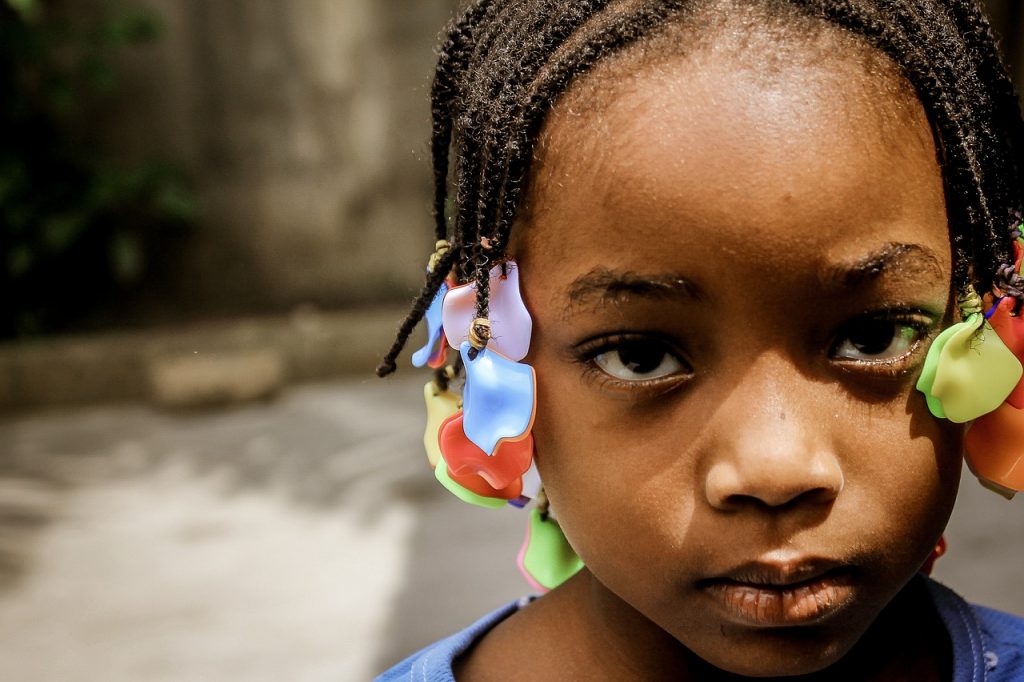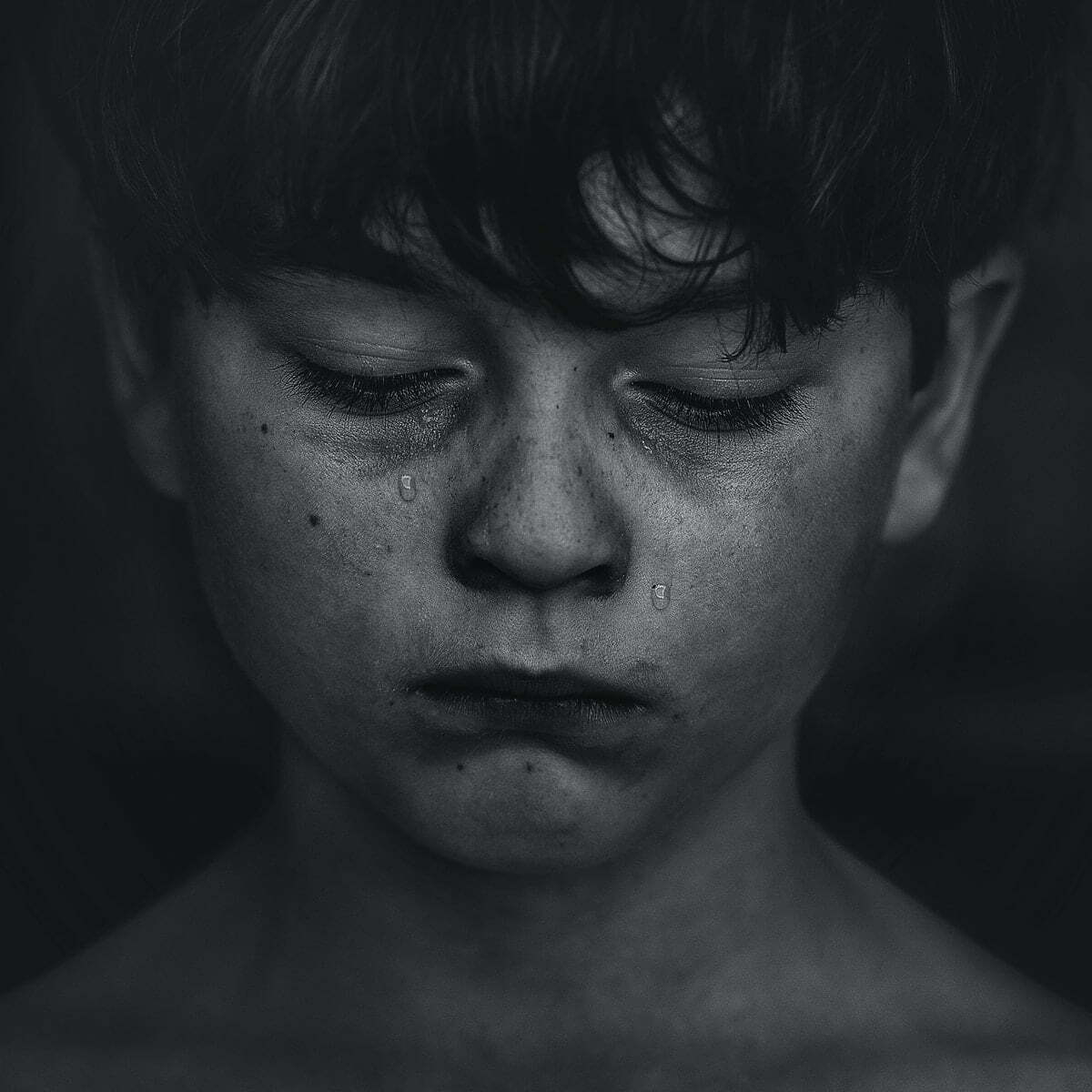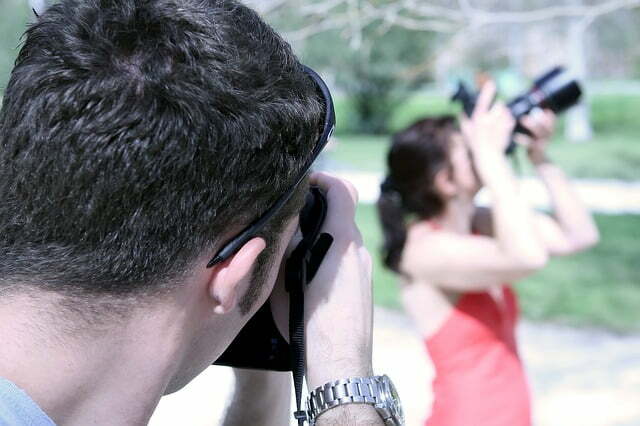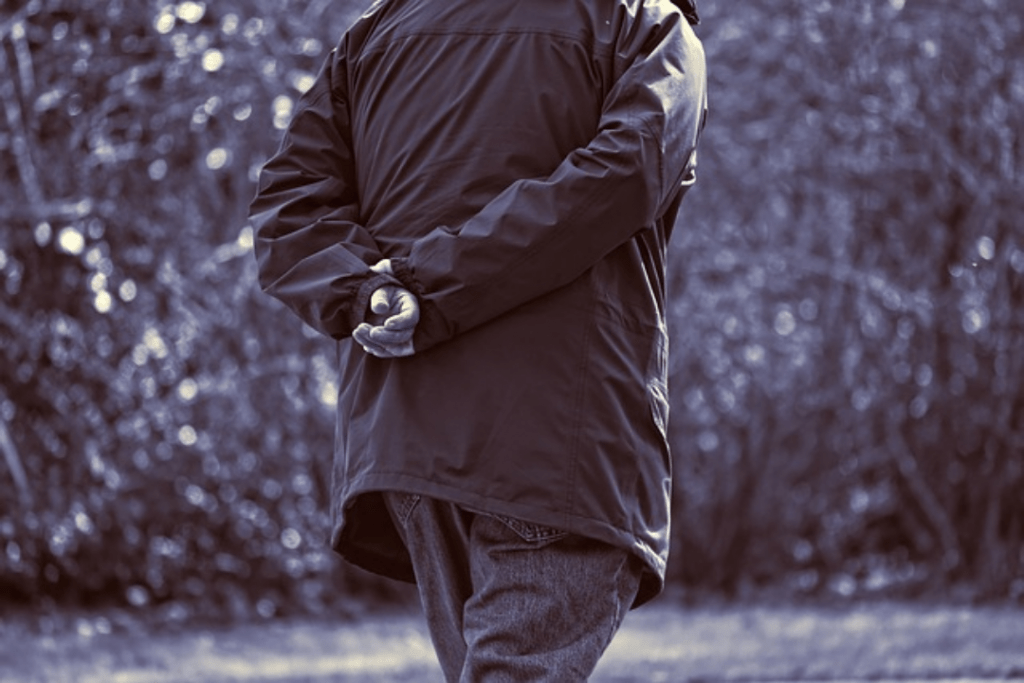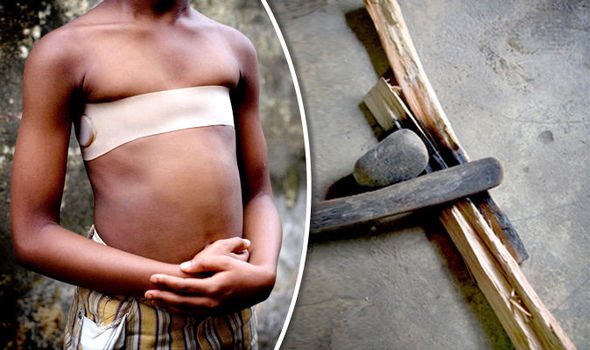The Indicators
Some signs to watch out, both pre and post marriage.
- the victim or her family come from a community where Forced Marriage and ‘Honour’ is culturally embedded
- an announcement of engagement to a stranger not previously mentioned
- parents removing a child from education, preventing further education or extra-curricular activities
- there may noticeable levels of absenteeism, lateness – school, college or employment
- there may feel like an element of ‘surveillance’ and control by the family or community members
- significant personality changes may become evident. The victim may appear depressed, withdrawn, anxious or suicidal. There may be noticeable deterioration in the victim’s self-esteem and appearance
- the victim may run away, go missing from home or have a fear of returning home
- the victim may talk about a family holiday abroad and may seem anxious about this
- may fail to return home from a visit to the family’s country of origin
- early and/or unwanted pregnancy
- reports of self-harm or suicide attempts, particularly in the early stages of marriage
- domestic incidents or crimes at the family home. The fact that a victim was forced to marry may only reveal itself years after the marriage has taken place
- victims appear to be dominated – subject to financial control, no access to mobile phone, internet etc.
Whilst the list below details countries where forced marriage is still widely practised, it would be naïve to think that forced marriage doesn’t take place in many more countries worldwide.
Afghanistan
Bangladesh
Brazil
Burkina Faso
Central African Republic
Chad
Democratic Republic of the Congo
Egypt
Eritrea
Ethiopia
Guinea
India
Indonesia
Kenya
Madagascar
Malawi
Mali
Mauritania
Mexico
Mozambique
Nepal
Niger
Nigeria
Pakistan
Philippines
Sierra Leone
Somalia
South Africa
South Sudan
Sri Lanka
Sudan
Tanzania
Thailand
The Gambia
Uganda
The top 10 countries with the highest absolute numbers of Child Marriage - UNICEF(2017)
- India - 15,509,000
- Bangladesh - 4,451,000
- Nigeria - 3,538,000
- Brazil - 3,034,000
- Ethiopia - 2,104,000
- Pakistan - 1,909,000
- Mexico - 1,479,000
- Indonesia - 1,459,000
- Democratic Republic of the Congo - 1,300,000
- Uganda - 787,000
Some triggers that may prompt Forced Marriage:
- where the family perceive that the victim’s behaviour is starting to disgrace the family honour
- where an older child refuses to marry, a younger child may be forced sooner than usual to fulfil the original contract and preserve the family honour
- disclosing rape or sexual abuse (being raped may be deemed a bring disgrace to the family and honour can be restored if the victim is married)
- the death of one parent leaving the remaining parent or elder family members feeling more pressure to ensure that the children are quickly married off
- a young person who comes out as being lesbian, gay, bisexual or transgender (LGBT), the family may feel that by forcing the individual into marriage either their sexuality or gender identity will not be questioned
- a young person with learning difficulties where the parent will seek out a spouse to care for the victim
- a family looking for a long-term carer for a relative with a disability
What You Can Do
Managing cases of Forced Marriage and Honour Based Abuse is all about managing risk and getting the risk assessment spot on. Professionals need to be aware of the potential triggers of FM and the cultural background of the person they are trying to safeguard. Perpetrators will go to great lengths to satisfy their ‘honour’ and professionals must be acutely aware of this when managing or meeting victims or potential victims of HBA and FM. A great deal of thought needs to be put into how you and the victim will contact each other, what information should be shared with other partners and the potential networks and methods used by perpetrators to locate a victim who they are trying to locate. Getting it wrong could lead to serious and fatal consequences.
It is important to reassure the victim about confidentiality and determine their wishes. If you are the first point of contact, then you need to ensure that you see the person immediately and that the meeting takes place in a safe and private environment. Where at all possible they should be seen on their own, even if they have brought someone with them. However, this must be balanced with the victims wishes and it is better to get a disclosure with another person present, rather than the victim lose immediate confidence in you because you have excluded their ‘emotional crutch’. It must be made clear to the companion that confidentiality is key.
There may be language barriers. Professionals should be mindful that FM is complex and steeped in a community’s culture. Therefore, victims who are willing to talk to the authorities may not necessarily want to be interviewed by a professional or have an interpreter present from their own community. When using, an interpreter ensure that they are official and from the national register. Brief the interpreter as to what you expect, discussing and stressing the importance of confidentiality. Where possible the Interpreter should have had some training in FM and HBA. Unless the victim indicates otherwise the interpreter and any other person in the room (appropriate adult) should be gender specific. Privacy and a comfortable environment should be key features with Achieving Best Evidence (ABE) ‘Comfy Suites’ or ‘Child Houses (based on the Icelandic Barnhaus model) being the preferred option.
You should gather all the relevant information and carry out initial actions, including:
- establish whether there is a history of forced marriage within the family.
- establish the specific detail of the victim’s case. Has the marriage already taken place or is the marriage impending?
- does the victim fear being taken abroad?
- how does the victim perceive the risk to themselves?
- has any form of abuse taken place and if so how has it manifested itself – physical, mental cruelty, threats, surveillance etc.
- if abuse has taken place, has the victim any injuries, old or new. Does the victim need a medical examination? If there is going to be a criminal enquiry, the police should have primacy for arranging any medical examination and it should be carried out by someone qualified in gathering medical/forensic evidence.
- obtain a family tree – what is the makeup of the victim’s family and the family of the husband/proposed spouse (if known). Include other significant people in the victim’s life, what role do/did they play in the marriage and what potential risk do they pose to the victim? Obtain as much details as possible about them. Include the name of the spouse’s father.
- establish who else within the family may also require safeguarding.
- establish what the victim wishes to do moving forward. Has the victim left the home, planning to leave or not yet ready to do so?
- ensure a safety plan is in place – what will the victim do in an emergency?
- if the person consents then refer them to appropriate support and counselling groups.
- photocopy important documents – birth certificate, driving licence, immigration documents. benefit books, cheque books, debit and credit cards. Copies should be deposited with police, Social Care, solicitor or a trusted 3rd
- advise them to speak to a solicitor specialising in domestic abuse.
- contact and discuss the case with the Forced Marriage Unit (see below).
- make the appropriate adult or children safeguarding referrals and initiate local safeguarding procedures.
If a person fears being taken abroad for Forced Marriage, where at all possible obtain the information below and provide the following advice:
- advise them not to travel overseas and discuss with them, whether there is any other option but to travel. Inform them that once abroad their situation will become much more difficult for them to manage and for the authorities to act. Point out that they will become isolated, may be kept under constant surveillance and chaperoned. They may have their documents, finances, mobile phone/tablets taken from them. Explain that they may be held against their will, potentially being moved from one place to another, not knowing where they are, making escape more difficult.
- record the address where they may be staying overseas. If this is a remote place, then consider using landmarks and places of interest in the locality.
- record details of any travel plans, flight details, estimated return date, passport, people likely to accompany them (where possible make a copies of tickets/documentation).
- leave the above details with a trusted friend and with the interested authorities/agencies.
- obtain the date of the proposed wedding and location (if known).
- advise them to take a secret emergency kit – cash in sterling and in the local currency, a mobile phone with international credit, copies of identity documents/tickets, list of emergency contact numbers (victims should also memorise numbers).
- agree and record information specific to the victim and that only they will be aware of. This may aid identification where someone masquerades as the victim, either on the phone or in person at a British Embassy/Consulate or home.
- establish the contact details of the British Embassy or High Commission at destination and memorise the contact details and location.
- advise them to contact the Forced Marriage Unit for advice.
Overseas Assistance – For British nationals or, in certain circumstances EU or Commonwealth nationals, British Embassies and High Commissions through the FCO can provide aid. This can include trying to find a place of safety, arranging repatriation, providing a loan of money for a ticket (if they have no one to help financially), and supplying a British National with Emergency Travel Document.
Immigration Issues – If the victim is not a UK citizen their right to remain will depend on several factors. They may be able to apply for indefinite leave to remain (ILR) on the basis of forced marriage or the marriage has broken down. Different rules may apply to differing circumstance and factors include:
- how long they have been in the UK
- involvement of any children
- whether they are a spouse or partner of a British or settled citizen
- whether they are in UK as the family member of a citizen of the European Union and whether the victim is eligible to apply under the ‘domestic violence rule’. This point is a complex area and we recommend that you advise the victim to get independent legal advice. The ‘Rights of Women’ charity is just one website where a victim can seek advice on Immigration and Asylum
Children – Where professionals are dealing with a victim who is a child, then legislation under the Children Act 1989 will offer options to safeguard the child e.g. Emergency Protection Order.
Victim Care – Victims of Honour Based Abuse and Forced Marriage are entitled to an enhanced service under the Code of Practice for Victims of Crime. In most cases, victims of HBA will be entitled to Special Measures e.g. give evidence behind screens or via a live video link, a ‘supporter’ such as an Independent Domestic Violence Advisors (IDVA).
Risk Assessment – As a professional, your agency should already have a bespoke HBA and FM risk assessment framework in place. This may be the DASH Risk Assessment which is used to assess the risk to the victim and develop a safeguarding plan. The H-DASH Screening Questions have been specifically designed for Honour Based Abuse and are available on the Dash Risk Model website. They include questions such : – Is the victim being held/kept at home or behaviour/activity being policed? Is the victim frightened of being forced into a marriage?
Professionals should never:
- take the risk lightly or send any potential victim away or make a ‘future’ appointment for them. In FM and HBA cases professionals may on have ‘one chance’ to safeguard the victim. If the victim doesn’t get the appropriate response and support at the time, then you may not have a further opportunity and the consequences could be fatal.
- approach members of the victim’s family or community and attempt mediation or family counselling, either yourself or through a professional/religious group. This will significantly increase the risk to the victim, alert the family and ensure that any further offending will be masked from the authorities, e.g. the victim taken abroad.
- persuade or send the victim back to their family where the victim has expressly said he/she cannot return. Don’t assume there is someone in the family that will protect the victim even if the victim has indicated there is such a person.
- make direct contact with a British Embassy or overseas authorities without first liaising with the Forced Marriage Unit.
- attempt telephone contact with the person on the telephone to find out if they are being held against their will.
Professionals should make themselves aware of the many complex methods employed by families to trace victims if they have managed to escape from their situation. We will feature some of these methods in our forthcoming Honour Based Abuse article.
The Forced Marriage Unit (FMU) is a joint Foreign and Commonwealth Office and Home Office unit which leads on the Government’s forced marriage policy, providing support to any individual, whether in the UK or overseas. It also operates a public helpline to provide advice and support to victims of forced marriage as well as to professionals dealing with cases. The FMU can be contacted on +44 (0) 20 7008 0151 or email [email protected]
We also recommend the Government publication Forced Marriage: A Survivors Handbook which covers a wide range of topics including, housing, visas, benefits, useful contacts.
National DV Helpline – A national service for women experiencing domestic violence.
0808 2000 247 - www.nationaldomesticviolencehelpline.org
Refuge – A national charity for women experiencing domestic violence.
0808 2000 247 - www.refuge.org.uk
IKWRO – Iranian & Kurdish Women’s Rights Organisation
020 7920 6469 – http://ikwro.org.uk
Southall Black Sisters – Support for BME Women escaping Domestic Violence
020 8571 0800 - www.southallblacksisters.org.uk
Ashiana – Supporting Asian women through DV and FM
Karma Nirvana – Charity supporting victims of FM.
0800 5999247 - www.karmanirvana.org.uk
SHARAN – supporting South Asian Women
Halo Project –a national project that will support victims of HBV, FM and FGM.
01642 683045 - www.haloproject.org.uk
Freedom Charity – a charity supporting victims of FM and FGM.
0845 607 0133 - www.freedomcharity.org.uk
My Marriage My Choice – A University of Nottingham led study exploring the Forced Marriage of adults with learning disabilities. The site also provides a toolkit for professionals.

Get Involved!
Share Your own Safeguarding News and Research to reach a wider Audience
From Our Blog
Types of Child Exploitation
An overview of differnt types of child exploitation, including sexual exploitation, county lines and criminal exploitation
Sextortion – Guide and Resources
Sextortion – a guide and links to useful resources.
DVPOs and DVPNs – Guide and Resources
Domestic Violence Protection Notices (DVPNs) and Domestic Violence Protective Orders (DVPOs) – a guide and links to useful resources.
Type 4 FGM – mixed messages
Is labia stretching a form of FGM? What are the views of the World Health Organisation? Is it against the law?
Related Posts
The Safeguarding Hub
Share Your Safeguarding News And Research To Reach A Wider Audience





